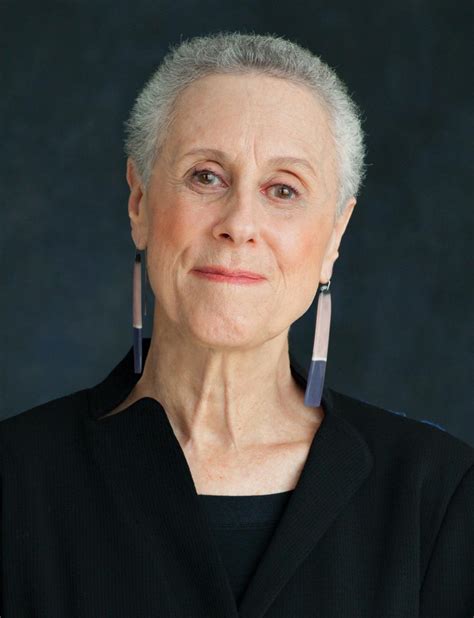A Quote by Gillian Anderson
In my case, I was born to parents who were very young, and I don't think they were entirely ready to have a child. My dad was going to college and working two or three jobs at the same time, and my mum was working and going to school.
Related Quotes
I think there are many people in the working class who say, you know what? Yes, maybe we are better off than we were eight years ago, but I am still working two or three jobs, my kid can't afford to go to college, I can't afford child care, my real wages have been going down for 40 years. The middle class is shrinking. Who's standing up for me?
The main problem of America is that you're seeing people working all over this country two jobs, they're working three jobs, and they're getting nowhere in a hurry. They're working hard. They can't afford to send their kids to college in many instances. They can't afford child care for their little babies. They're worried to death about retirement.
When I went to college, it was so easy. And I worked two jobs while I was in school all the way through; I put myself through school. But working and studying was easy for me because I had worked so hard in high school, studying all the time. Taking only three classes and then working was an easy life in comparison.
We've now got a group of young people in this country who for all practical purposes are American. They grew up here. They've gone to school here. They don't know anything other than being American kids. But their parents may have brought them here without all the proper paperwork - might have brought them here when they were three, might have brought them here when they were five. And so, lo and behold, by the time they finish school, and they're ready to go to college, they find out they can't go to college and, in fact, their status as Americans are threatened.
There were times when I was working three jobs at one time, and I was still auditioning just to make ends meet, and I was hoping that something was going to come through. Especially after you have two degrees, standing solid through the process is sometimes the hardest part because there is no guarantee.
In school, the year was the marker. Fifth grade. Senior year of high school. Sophomore year of college. Then after, the jobs were the marker. That office. This desk. But now that school is over and I've been working at the same place in the same office at the same desk for longer than I can truly believe, I realize: You have become the marker. This is your era. And it's only if it goes on and on that will have to look for other ways to identify the time.
I would say basically the commonplace observation that kids aren't going to earn as much as their parents is now is a coin flip at this point. Are you going to do better than your parents? It's a 50-50 chance, whereas if you were born in the 1940s or 1950s, you had more than a 90 percent chance you were going to do better than your parents. So basically almost a guarantee for most kids that you were going to achieve the American Dream of doing better than your parents did. Today, that's certainly no longer the case.
[Ginsburg's] feminism was very sweeping and very ambitious and very consistent. Justice O'Connor had a more case-by-case, pragmatic approach to her feminism. They were not entirely the same, [but] I think that they shared the most important thing, which is the belief that they were worthy and that therefore other women were worthy.



































